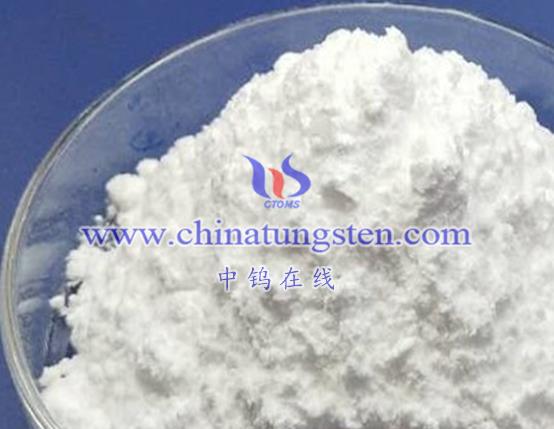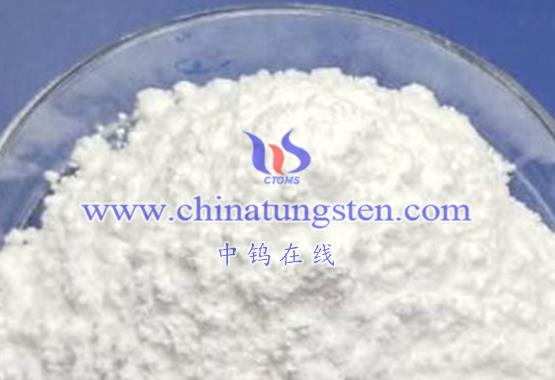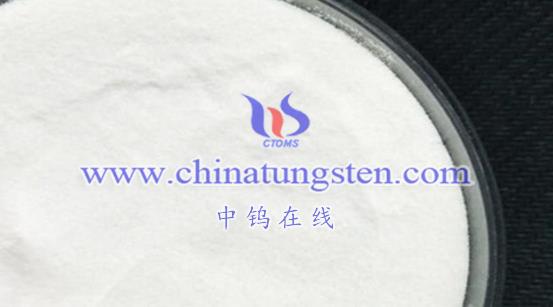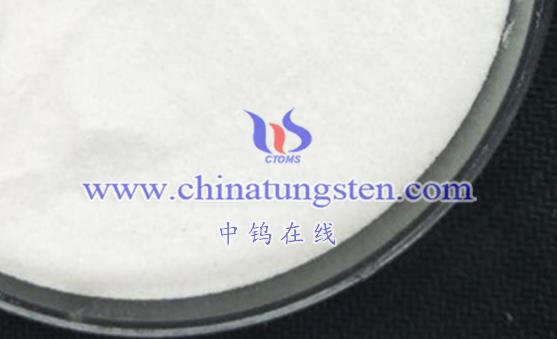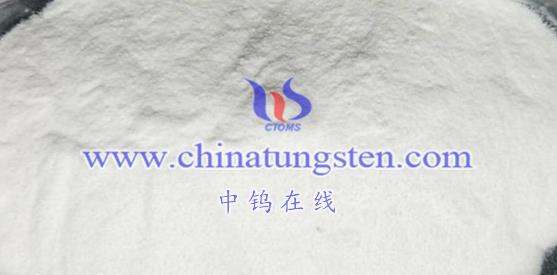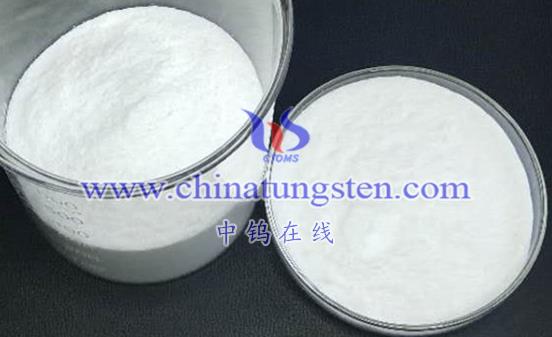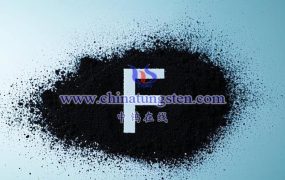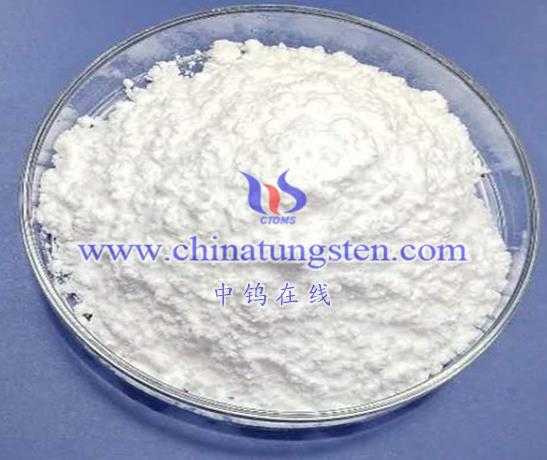
Tungsten ore contains a wide variety of impurities, and the presence of these impurities may indeed affect the extraction and precipitation process of tungsten, and even cause precipitation failure. The following are some of the main types of impurities and their possible effects:
Impurity types:
S (sulfur)
P (phosphorus)
As (arsenic)
Mo (molybdenum)
Ca (calcium)
Mn (manganese)
Cu (copper)
Sn (tin)
SiO2 (silicon dioxide), etc.
Impact of impurities on the precipitation process
These impurities may exist in different forms during the extraction of tungsten, such as in the form of oxides, sulfides or acid salts.
When the impurity content in tungsten ore is high, they may form complex compounds or mixtures with tungsten, which may not be easy to separate during the precipitation process, thereby affecting the purity of tungsten.
Especially when the physical beneficiation method cannot achieve the required purity requirements, these impurities may become a difficulty in the chemical beneficiation process.
Precipitation failure caused by impurities
When the impurity content is too high, it may form stable compounds with tungsten, which are difficult to separate under conventional precipitation conditions, resulting in precipitation failure.
For example, the presence of tin may form stable stannates or tin oxides, which may not be easily removed during the precipitation process, affecting the purity of the final product.
The presence of arsenic is also a challenge, because arsenic compounds are usually toxic and require special care during handling to avoid environmental pollution and personnel health risks.
Solutions to the precipitation process by impurities
For tungsten ores with high impurities, chemical beneficiation methods such as chlorination roasting, oxidation roasting or reduction roasting can be used to remove or reduce the impurity content.
During the precipitation process, the precipitation effect can be improved and the impurity content can be reduced by optimizing the precipitation conditions (such as temperature, pH value, type and amount of precipitant, etc.).
For specific impurities, such as tin and arsenic, targeted treatment methods can be used, such as chlorination roasting to remove tin, oxidation roasting or reduction roasting to remove arsenic, etc.
Tungsten ore contains a wide variety of impurities, which may have an adverse effect on the extraction and precipitation process of tungsten, and even cause precipitation failure. In order to obtain high-purity tungsten products, effective physical and chemical beneficiation methods are required to remove or reduce the impurity content, and optimize the conditions during the precipitation process to improve the precipitation effect.
More details of ammonium metatungstate product, please visit website: http://ammonium-metatungstate.com/
Please contact CHINATUNGSTEN for inquiry and order of ammonium metatungstate:
Email: sales@chinatungsten.com
Tel.: 86 592 5129595
